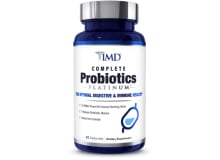What are Probiotic Supplements?
Probiotic supplements contain live yeasts and bacteria that have various health benefits, especially for your digestive system.
Although many people attach negative connotations to the term bacteria, both good and bad bacteria are found naturally in our bodies. Probiotics contain the good bacteria that your body needs to function effectively.
When you take a probiotic supplement, it can help to maintain a balance between all the bacteria in your digestive system, which can then support your body’s natural immunity. Likewise, while many healthy habits are important, taking probiotics can help replace good bacteria that your body may need to replenish due to normal life activities, even with moderate smoking, drinking alcohol, or taking antibiotics.
Another function of probiotics is to help food travel through your body more effectively by working with the nerves that regulate the movement within your gut.
Your doctor or healthcare practitioner may recommend taking a probiotic supplement (sometimes in the form of a yogurt) for gut health, including if you are experiencing occasional health complaints such as the following.
- Digestive issues/Irritable Bowel Syndrome
- Yeast complications
- Constipation
- Diarrhea
- Lactose sensitivity
- Gum issues
- Dry skin/Eczema
Although the use of probiotics should be safe if you are in good health, you should always consult your doctor or healthcare practitioner if you are pregnant or breastfeeding, if you have a weakened immune system, or if you have any other serious chronic health complaints.
What You Need to Know Before Choosing Probiotic Supplements
As with any product, certain people may experience greater benefits from using probiotics than others. One of the reasons for this is that the composition of the bacteria in every human body is unique. Not even identical twins are alike in this regard.
Before you begin taking probiotics, it is helpful to understand some of the terminology used in relation to these products and their ingredients.
- Microbiome: A community of organisms living in the same environment.
- Bifidobacterium: A good bacteria and common ingredient in probiotics. It is normally found in the intestine and useful for occasional diarrhea and constipation.
- Lactobacillus: A species of good bacteria found in probiotics that helps absorb nutrients and break down food.
- Saccharomyces boulardii: A yeast often found in probiotics and used for improving the gut microbiome.
When you’re selecting a probiotic supplement, it’s sensible to choose a brand you’re familiar with, as many of these companies have years of testing and research behind them. Likewise, you should read the label carefully to make sure you find the best product for your particular health goals. For example, the best probiotic for women isn’t necessarily the best probiotic for men.
Unsurprisingly, the cost of probiotics will vary, and the cheapest products may also be of low quality. One indication of quality is the number of live colony forming units (CFUs), which gives you information about the amount of bacteria in each dose. As a rule of thumb, you're more likely to have a better experience with probiotics that contain at least one billion CFUs.
Be aware that certain foods interfere with probiotics and are best avoided while taking these supplements. These include the following.
- Carbonated drinks
- Processed foods
- Red meat
- Refined oils
You should also seek medical advice before giving probiotic supplements to a child.
How Long Does it Take for Probiotic Supplements to Work?
As every person has a unique colony of bacteria in their digestive system, there is no guaranteed amount of time after which probiotic supplements will start to take effect after you begin taking them.
The strain of probiotic you’re taking, the product’s brand, the supplement’s formula, and your overall health are all key factors impacting the effectiveness of probiotics and the speed with which they work.
Although some products may yield results against minor complaints such as occasional diarrhea within a few days, most people need to wait 2 to 3 weeks before experiencing significant benefits from taking the supplements. This is because the probiotic needs time to rebalance the level of bacteria in your gut and support healthy digestion.
Some people also notice symptoms such as diarrhea, bloating, and gas when they begin taking probiotics. These symptoms are a result of changes in your gut’s microbiome, and they should resolve themselves within several days or weeks.
If, however, you notice any persistent or serious side effects after taking probiotics, you should consult your doctor or healthcare practitioner immediately, and discontinue using any probiotic products.


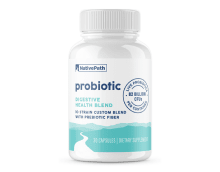

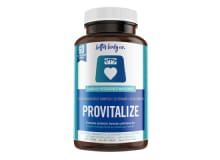

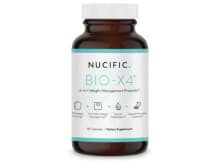

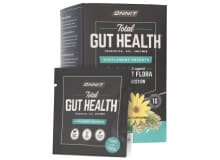

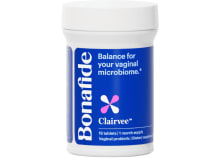

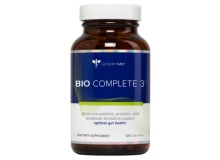

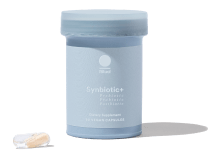

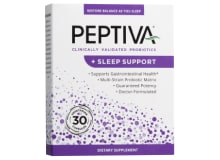
%201.20220225093114.png)
